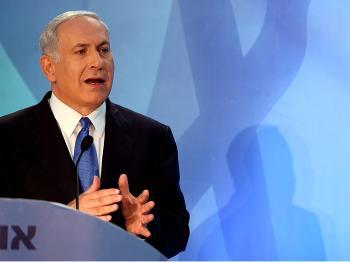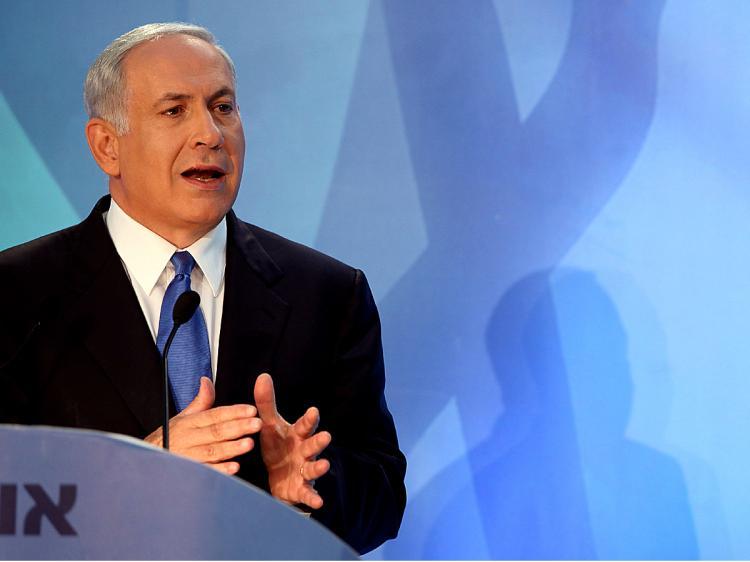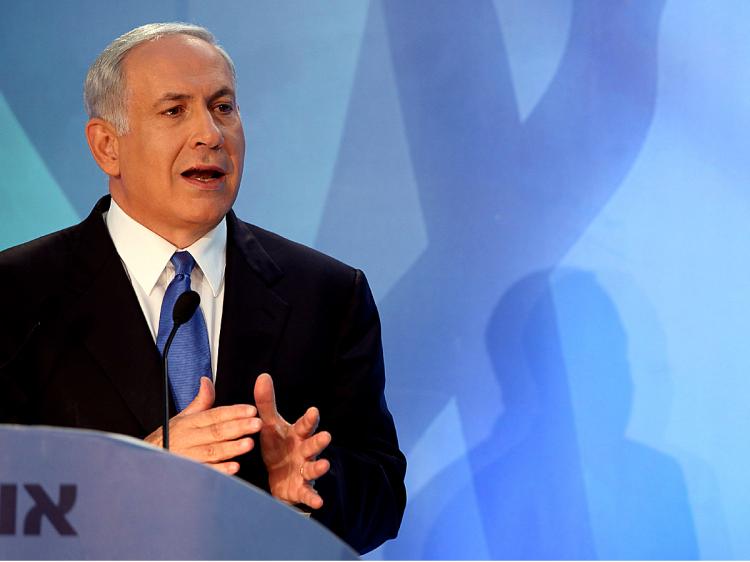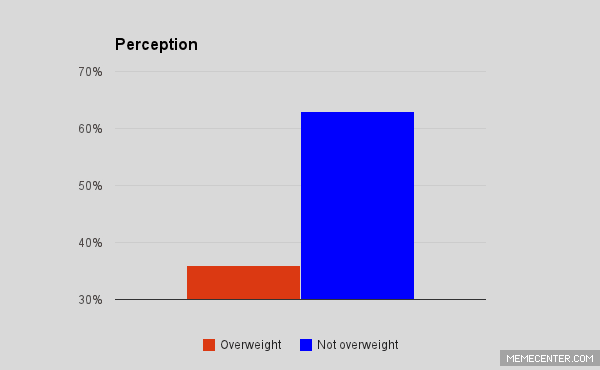Netanyahu’s speech exposed the deep differences between the Israelis and Palestinians on basic issues. The red lines Netanyahu put forward in his political address at Bar-Ilan University were unacceptable to the Palestinians in such a way that it is difficult to imagine how the two sides will be able to bridge the gaps. After almost two decades of bilateral discussions, the basic issues are not yet resolved.
The responses to Netanyahu’s speech in the Palestinian leadership showed that the debate is not only political or strategic but it reaches out to the way each sides regards its history and national ethos. Even the way the two sides understand commonly used terms is not aligned. The “economic peace” of Netanyahu is regarded as continuing the occupation and “the Apartheid” and the request of recognizing Israel as “the Jewish State” is seen by some Palestinians as acknowledging being denied their rights.
Mustafa Al-Barghouti, member of the Palestinian legislature and political activist, expressed the feelings of the Palestinian populace about the speech while talking to the press, “Netanyahu brought forward only obstacles when he insists on his mistaken stereotypic views regarding reality.”
In his address at Bar-Ilan University, Netanyahu emphasized the fact that he represents Israeli consensus. In many ways he actually did.
In the historical part of the address, he reviews the way every Israeli studies the history as it is written in his or her school books: the biblical ties to the Land of Israel, the Diaspora, the Holocaust, and the Restoration of the State of Israel. Specifically regarding the Israeli-Palestinian conflict, Netanyahu brings up the facts of the Arab refusal to acknowledge United Nations General Assembly Resolution 181 (II) and the repeated assaults on Israel.
From the Palestinian perspective, the same story contains the history of expulsion and national revival. The debate on the borders of ’67 are regarded as a colossal compromise that gave away most of the territory of the “historic Palestine.” Further talk about relinquishment of other territories on the other side of the “Green Line” is a deed not to be done.
“Yes it was a mistake to reject Resolution 181,” said Barghouti, “but the Palestinians are not to be blamed for this mistake. If Israel agreed to the U.N. resolution, why did it occupy more territories than what was given to it according to that resolution in ’48, and on the top of that it also occupied the West Bank in ’67?” he asked.
In his speech, Netanyahu presents the historical connection, as mentioned in the Bible, of the Jewish people to the Land of Israel, but he recognizes the fact that the overall territories of the State of Israel will not include the whole area of the Land of Israel, and that the “connection between the Jewish people and the Land of Israel has lasted for more than 3,500 years. Judea and Samaria, the places where Abraham, Isaac, and Jacob, David and Solomon, and Isaiah and Jeremiah lived, are not alien to us. This is the land of our forefathers,” said Netanyahu in his address.
These terms are recognized by Palestinians as opposing their sovereign Palestinian rights. “Why is Netanyahu still calling the West Bank part of Israel, even if it is not?” wonders Barghouti, and adds that according to international law, the West Bank is not part of the State of Israel. According to Barghouti’s view, Netanyahu’s approval of a Palestinian state by Israel is not an outcome of his recognition of Palestinian rights. “Netanyahu stated that Palestinians are situated in the area by chance,” said Barghouti.
As the difference between the “Land of Israel” and the “State of Israel” is not clear to Palestinian ears, the term “Jewish Land” is not clear to Barghouti either. “Israel should be the country of all its residents,” said Barghouti responding the issue of recognizing the State of Israel as a Jewish State. “If we call Israel a Jewish State we do not recognize the rights of native people. If we call Israel a Jewish State, we establish Apartheid—not only in the West Bank and Gaza but also for Israeli Palestinians.”
Is There a Political Solution?
According to Barghouti, the conditions put forward by Netanyahu related to refugees, demilitarization of the Palestinian State, and Jerusalem obstruct any possibility for any negotiations in the future. The same views were put forward by other Palestinian leaders and spokesmen. After the address, Palestinian Prime Minister Salam Fayyad assembled his cabinet and designated the address a “total ruin of further discussions on the base of a Road Map and solution of two states for two peoples.”
The Palestinian reaction to the address was swift and included mocking names for Netanyahu and calls to freeze the Arab Peace Initiative. Other Palestinian sources designated Netanyahu a “fraud” and stated that he is not making any contribution to efforts to achieve peace between the Israelis and the Palestinians. Saab Arikat, head of the department of negotiation in the PLO, who spoke many times against Israeli settlements during negotiation, added his disappointment with the address, “All the attempts to start a peace process moved very slowly like a turtle; Netanyahu in his speech turned the turtle over on his back.”
Netanyahu’s address brought to the surface all those unsolved issues present between Israel and the Palestinians and the long distance separating the two parties. The red lines put forward by Netanyahu, and the maximum he is ready to compromise in future negotiations, is still far away from solutions that Palestinians are ready to accept. Palestinian reactions to the address were essentially despairing from the possibilities of negotiation and consideration of other options.
“What Netanyahu did today is to bury the idea of two states,” said Barghouti. “Which leaves us with only one solution: that of one state. If this is the Israeli choice to bury the option of two states, we are left with no other choice but to struggle for our rights.” In an interview for Channel 2, Kadura Fares, one of the spokesmen for Fattah, strengthens Barghouti’s statement saying there is a possibility of renewing the hostilities.
A mildly moderate statement was made by Nabil abu-Rudeyna, spokesman for the president of the Palestinian Authority who demanded the American administration take responsibility for the issue of negotiation. According to him, Netanyahu’s things are challenging soundly the American administration’s standpoints of the Palestinians, with the help of the international community, and those of the Arab world. Arikat also calls instantly on the Arab countries to postpone further normalizations in their relations with Israel, until it will pull back to the lines before 1967.
Last year, especially after the failure of the Annapolis process, which was meant to bring the initiation of a Palestinian state, more Palestinian leaders called for abandoning the negotiation and to continue struggling for equal rights in a frame of one country situated between the Jordan River and the Mediterranean Sea. For now, the Palestinian Authority (PA) acts only by diplomatic means to oppose Israel’s policy. The PA had some success in Europe. After Netanyahu’s address, the EU announced it is delaying the upgrading of its bilateral relations with Israel.
The Palestinian despair from the advancing of negotiations has not developed yet into a new cycle of violence in the West Bank. Probably American support to the Palestinian Authority and its security organizations prevent it. But for achieving a peace, an effort has to be made to arrive at mutual understanding.






